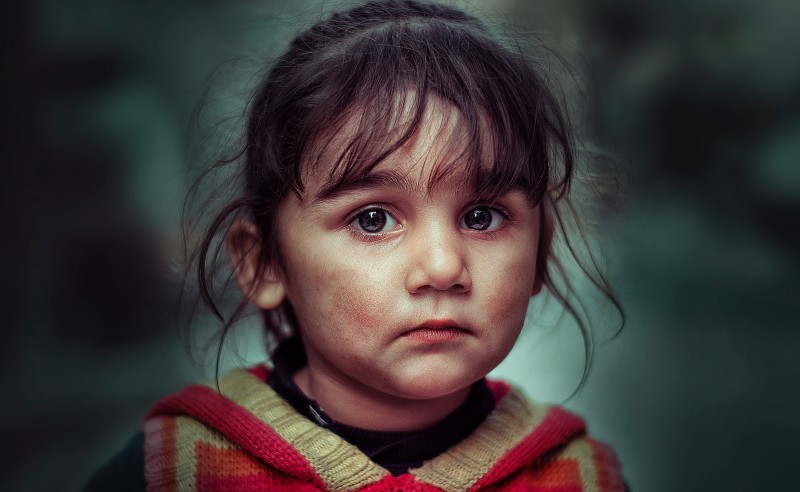
Childhood experiences shape our perspectives, attitudes, and behavioral patterns in subtle yet significant ways. Those who've experienced childhood trauma often have triggers that follow certain themes that mimic their childhood behavior. When these experiences are repeated, they become emotionally activated. And while having pet peeves is completely normal, you might find that several are connected with your childhood if you're unable to shake off difficult feelings.
Being lied to can trigger the wound of being unable to trust. While people lie every day, the truth is we can't control someone else's willingness to tell the truth.
Knowing that you've been lied to can bring up feelings of being gaslit. This can remind you of a caregiver who was untrustworthy, which made you feel unsafe as a child.
Loud noises can be incredibly unsettling for someone who has experienced childhood trauma. It may remind them of a chaotic or violent environment they were subjected to in their early years.
Sudden yelling, even in a non-threatening context, can evoke strong emotional responses for those with childhood trauma. It may transport them back to a time when yelling meant danger.
Having one's personal space invaded can be distressing for anyone, but for those with childhood trauma, it can trigger memories of boundary violations or physical harm.
Unwanted physical contact, even innocuous gestures, can resurrect painful memories of childhood abuse or neglect.
A lack of control over a situation can be a major pet peeve for individuals with childhood trauma. This stems from the helplessness they felt during their formative years.
Feeling overwhelmed by responsibilities or decisions can evoke feelings of being burdened, which may have been a common theme during their childhood.
A deep-seated fear of rejection can lead to intense pet peeves when someone feels they are being ignored or excluded. This stems from early experiences of abandonment or neglect.
Overanalyzing social interactions is a coping mechanism for those who fear rejection. It can lead to heightened sensitivity to perceived slights or disinterest.
Individuals with childhood trauma may have a low tolerance for mistakes, as they may have faced severe consequences for even minor errors in their upbringing.
Striving for perfection can become a pet peeve when it feels like an impossible standard, often rooted in the need to please caregivers who demanded flawless performance.
Childhood trauma can hinder the development of healthy emotional expression. Pet peeves may arise when emotions are suppressed or misunderstood.
Emotional overload can be overwhelming for those with childhood trauma, making them sensitive to situations where emotions run high.
Resistance to change can be a significant pet peeve, as it disrupts the need for stability and predictability that may have been absent during their childhood.
A rigid routine can be both a comfort and a pet peeve. While it provides structure, any deviation can cause anxiety for someone with childhood trauma.
Constantly being on edge, expecting danger, is a common consequence of childhood trauma. This hypervigilance can lead to irritability and impatience.
Overreacting to minor issues may occur when the individual interprets everyday situations as potential threats.
Self-isolation can be a pet peeve, as it may be a coping mechanism developed during childhood trauma to avoid triggers.
Over-apologizing can be a way to maintain peace and avoid conflict, even for things that aren't their fault.
Understanding your pet peeves through the lens of childhood trauma can provide valuable insights into your emotional triggers and help you develop strategies to manage them. By recognizing these patterns, individuals can work towards healing and healthier relationships.
Health Horoscope Today - September 6, 2023
Skincare Tips: Shahnaz Husain's Beauty Hacks
Fake Healthy Eating Suggestions: Don't Fall for These Common Myths